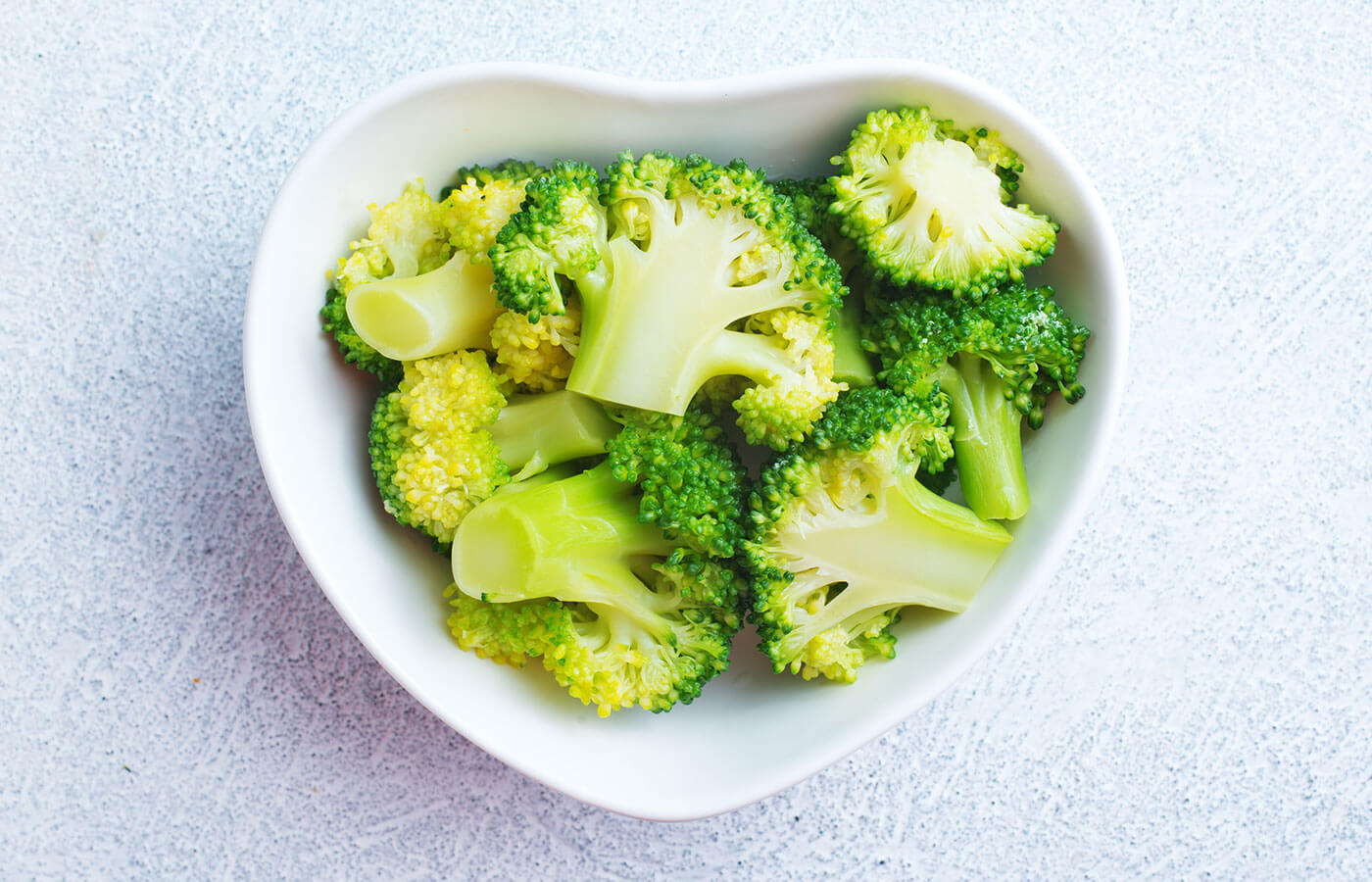How to care for your liver
Of all the extraordinary organs in our bodies, the liver deserves a prize for being such a hard worker. Twenty-four hours a day, seven days a week, the liver is doing its critical detoxification work, among a long list of other tasks, to keep us alive. Yet, how much work our liver has to do—and how efficiently it does this work—can be influenced by our lifestyle choices.
You can think of the liver like the traffic cop of the body—it stores and regulates the levels of some of the nutrients we consume. It also alters the structure of potentially problematic substances we consume, as well as some the body makes, and then directs and guides them around and out of the body—with the primary objective of maintaining homeostasis and keeping us well. This is why you’ll often hear me say that the liver plays such an important role in how we look, think and feel.
Some indicators that your liver may need support include regularly overheating or hot flushes (especially at night, which may disrupt sleep), sex hormone imbalances, headaches, congested skin, poor energy, sugar cravings and elevated cholesterol. You may also notice that your body fat deposits shift. A key sign of this can be what is referred to as a ‘liver roll’ (a roll of body fat just under the bra line for women, or just beneath the pectoral muscles for men), which may develop, irrespective of overall body shape and size.
Our liver has to detoxify substances that we ingest, breathe and absorb through our skin, as well as substances that our body makes itself. So, our food and drink choices, as well as what we put on our skin, can really add to the liver’s ‘workload’. Certain substances, including alcohol, refined sugars and trans fats (found in processed foods and takeaways) often add a significant burden. If we have a high intake of these, it’s also likely there aren’t enough liver-supporting nutrients going in either. Without enough nutrients, our biochemical pathways—including detoxification—simply cannot function efficiently.
Ways to support your liver
When it comes to supporting the liver and the body’s detoxification pathways, it is important to remember that it is what we do every day, not what we do for a three, seven or 30-day period, that will have the greatest impact. And the good news is, there are plenty of ways we can do this.
What you eat
Eating mostly whole, real foods helps to provide the nutrients that our liver detoxification pathways need to function efficiently. The liver especially loves colourful vegetables and vegetables from the Brassica family, such as broccoli, brussel sprouts, cabbage, cauliflower and kale. Broccoli sprouts are a particularly wonderful liver-loving food. Herbs such as St Mary’s thistle, turmeric, dandelion and globe artichoke are also very supportive for the liver.
What you don’t eat
What you don’t eat, is just as important as what you do eat. Minimising your intake of ‘liver loaders’, such as alcohol, refined sugars, trans fats and artificial ingredients, can support the liver and reduce its workload. Eating organic or spray-free produce where possible will also cut down exposure to synthetic pesticides and insecticides.
What you use
Remember that the liver has to deal with many substances that our body ingests. Swapping to natural, eco-friendly cleaning and dish-washing products helps to reduce the load on the liver by reducing your exposure to synthetic chemicals. You might also like to consider what you are putting on your skin, as the ingredients in our skincare and cosmetic products can be absorbed into our bloodstream. Synthetic and potentially harmful substances, such as endocrine (hormone) disruptors, are found in some conventional products, and using natural skincare, cleaning and cosmetic products helps to reduce the ‘load’ on your liver. A great way to transition to a more liver-friendly lifestyle is to replace conventional products with natural options as they run out, so there isn’t a significant expense or a feeling of overwhelm caused by trying to replace everything at once.
How you live
Environmental exposures are another consideration for our liver function. We are only just beginning to understand the effects that plastics have on both the environment and our inner ecosystem. We know that plastics can take hundreds of years to degrade and we are yet to truly understand the long-term effects of having plastic-originated substances inside our bodies. However, we do know that some substances in many plastics have been shown to have endocrine-disrupting effects. Try reducing your use of plastics by swapping to glass or stainless steel containers, or beeswax wraps rather than plastic wraps. If you do use plastic, avoid heating any plastics in the microwave or dishwasher to decrease the likelihood of any leaching of problematic substances.
If you’re feeling a little overwhelmed about where to start when it comes to supporting your precious liver, know that it doesn’t have to be ‘all or nothing’. You might like to pick one of the above areas to focus on first, and then continue to make small, incremental changes.These can add up over time to have a significant impact on your health. Remember, you only have one liver, and each little step you take towards taking better care of it will help you to experience better energy, a more even mood, balanced sex hormones and improved digestion and elimination—just to name a few!

